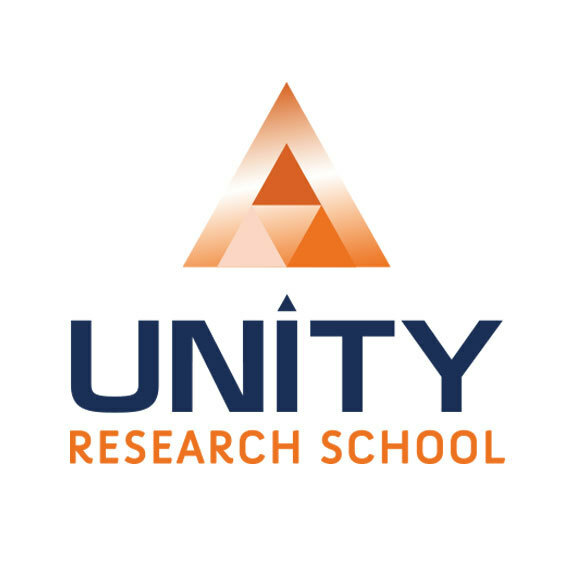

Research School Network: Positive Relationships Headteacher Matthew Fuller on helping to get the pieces of the puzzle in place post-Covid
—
Blog
Positive Relationships
Headteacher Matthew Fuller on helping to get the pieces of the puzzle in place post-Covid
Share on:

by Unity Research School
on the
There’s no escaping the fact that Covid-19, the resulting pandemic and all that this has entailed, has negatively impacted the lives of our young people. As a school leader, my concern is how do we effectively, but sensitively, deal with the after-effects?
Two recent blogs, ‘Understanding Clues’ penned by Durrington Research School’s Shaun Allison and ‘Addressing the Catch Up Conundrum’ from Unity’s Marc Rowland, recommend a measured approach involving the restoration of relationships and the use of formative assessment to gauge what our young people need to help them move forward. This, they stress, must take precedence over the political noise that exists around the need for rapid ‘catch-up’, reams of summative assessments and the dropping of PE in favour of extra maths and English, in order to save a ‘lost generation’. These are reassuring words, at least, to my ears.
But thankfully, I’m not alone. Looking at ways to support schools through the current commotion, the EEF recently hosted a deep dive into five of their guidance reports; reports which they believe will help schools re-establish an essential characteristic of teaching and learning that has lost its ascendancy during a year of partial school closures and remote learning… positive learning behaviours.

Going through each guidance report in turn and allowing schools time to reflect on their current practice (see Fig.1), what was clear for me was that there was a golden thread that tied all the EEF’s recommendations together, the prioritisation of positive relationships.
Take the guidance report on Improving Social & Emotional Learning (SEL) as an example. Few would argue against us wanting our young people to learn to understand and manage their emotions, or to feel and show empathy for others. How feasible is this without positive relationships? Our young people simply will not listen to what we might teach in a carefully planned, evidenced-based SEL programme unless they see us model the behaviours we want them to adopt.
Turn to Improving Behaviour in Schools and it is a similar story. For those young people who display more challenging behaviour, the evidence is now clear that their actions are a means of communication and as such should be dealt with appropriately. For these young people we need to understand their context and provide them with the help and support that they need. Adding to their chaos, as some would have us do with zero tolerance approaches based on sanctions and punishments, simply generates resentment and animosity. this in turn, results in further challenging behaviour which rarely ends well – either for the school or young person. Build positive relationships though, that are consistent and supportive, and over time change comes.
Both these are guidance reports in which it is perhaps obvious that the prioritisation of positive relationships is key, but what about Metacognition & Self-Regulated Learning? Here again, there are numerous relational recommendations, from teachers supporting young people to plan, monitor and evaluate their learning, to them modelling and providing explicit instruction in cognitive and metacognitive strategies. Furthermore, the promotion of metacognitive talk and the use of timely and effective feedback are also crucial. Ask yourself this… without positive relationships between teacher and young person, what is the likelihood of these recommendations having the desired impact?
I could go on, but by doing so I fear I would be labouring the point! The point being, positive relationships matter. If we are to make best use of the research and recommendations available to us, to emerge from this period of upheaval having at least minimised, or perhaps even having reversed the impact on our young people, then focus we must on building positive relationships with our young people.
Matthew Fuller
Headteacher
Woodhall Primary School
More from the Unity Research School
Show all news

Pupil Premium and SEND: learning without labels
Learning without labels
